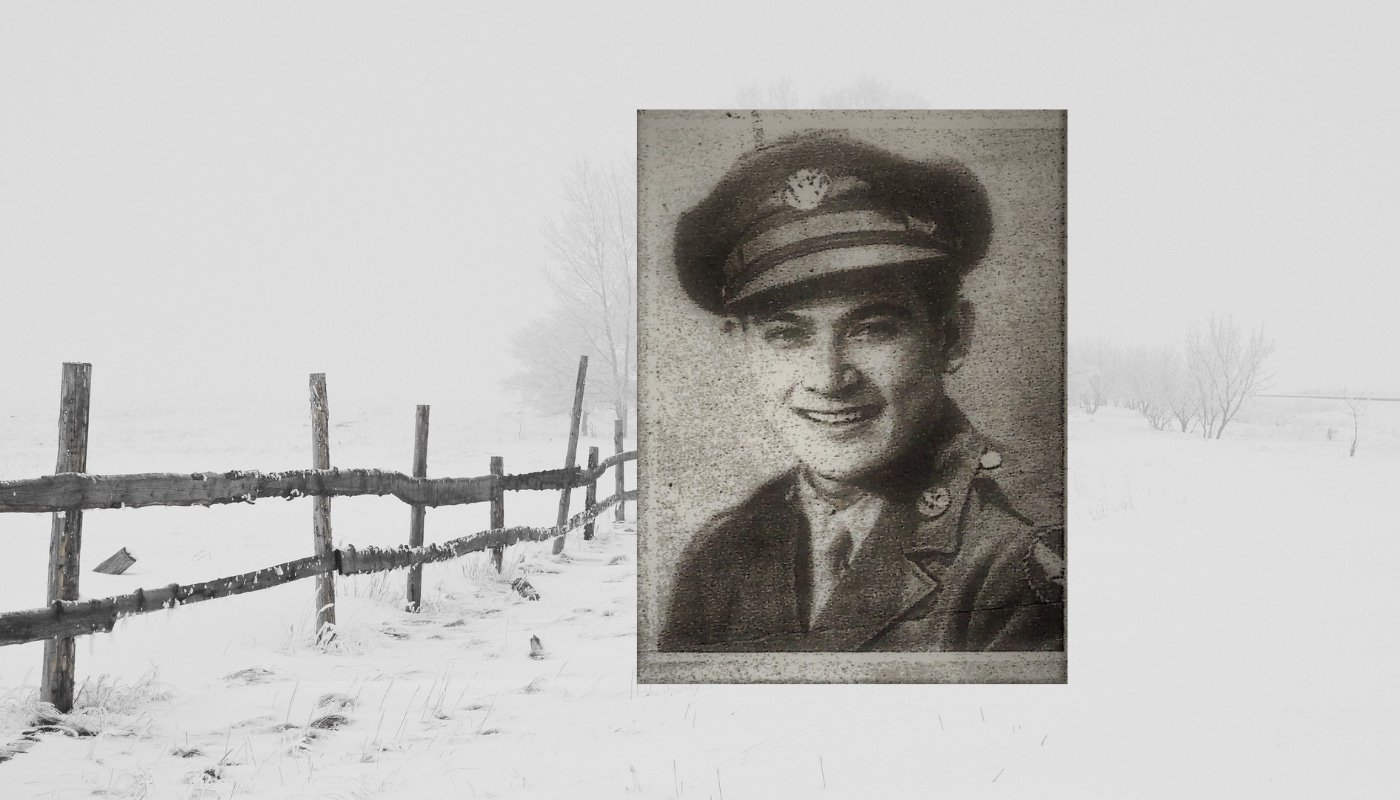Since Russia’s invasion of Ukraine began last Thursday, I’ve been thinking about little but this war. Putin’s unprovoked assault forced an entire country to choose, overnight, between fight or flight. And it turned a whole lot of young Ukrainians and Ukrainian sympathizers into involuntary combatants.
Like many Americans watching…
Keep reading with a 7-day free trial
Subscribe to Aimee Liu's MFA Lore to keep reading this post and get 7 days of free access to the full post archives.





